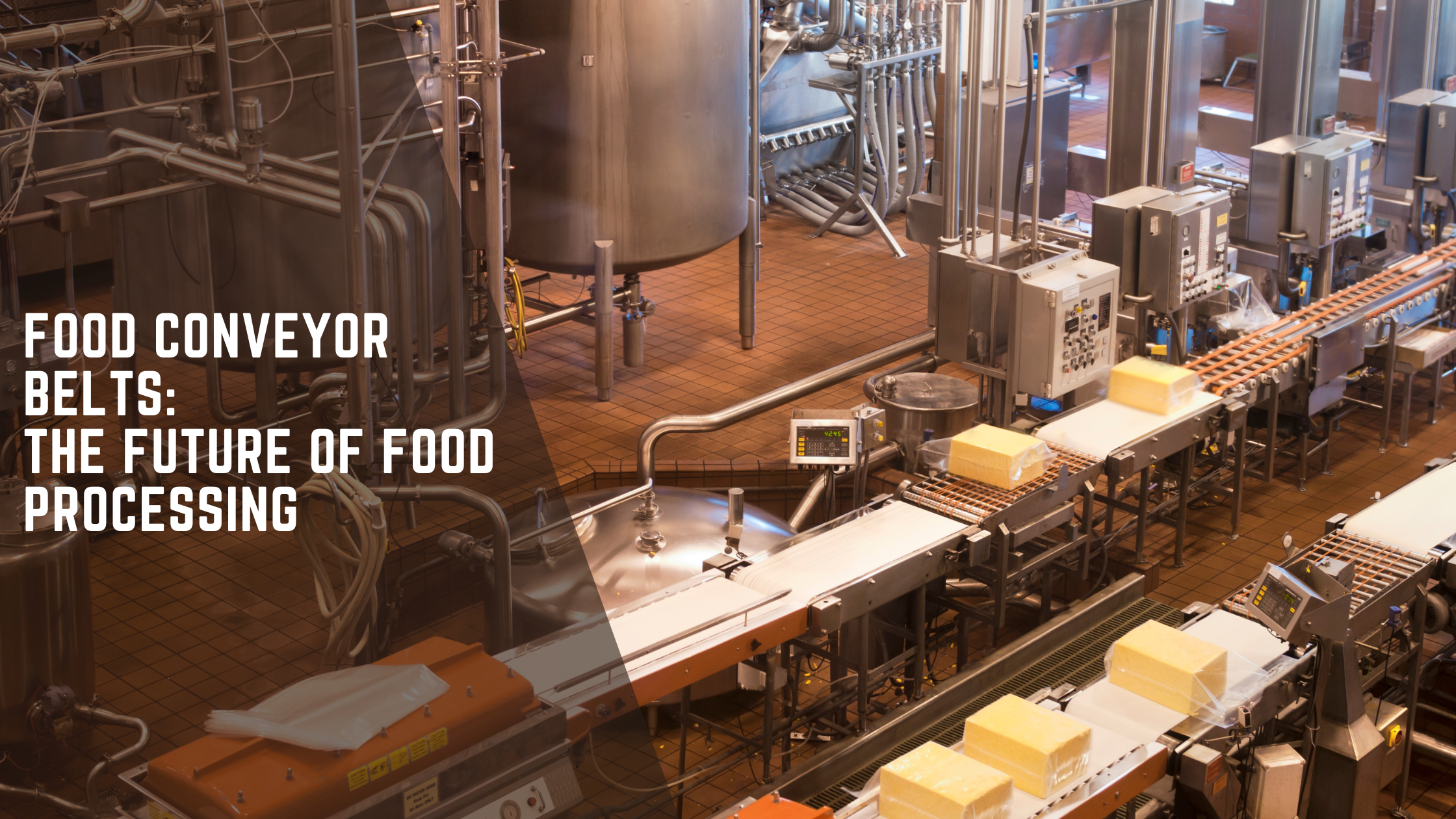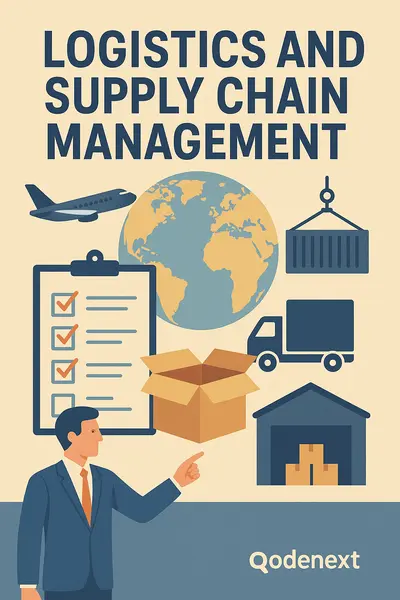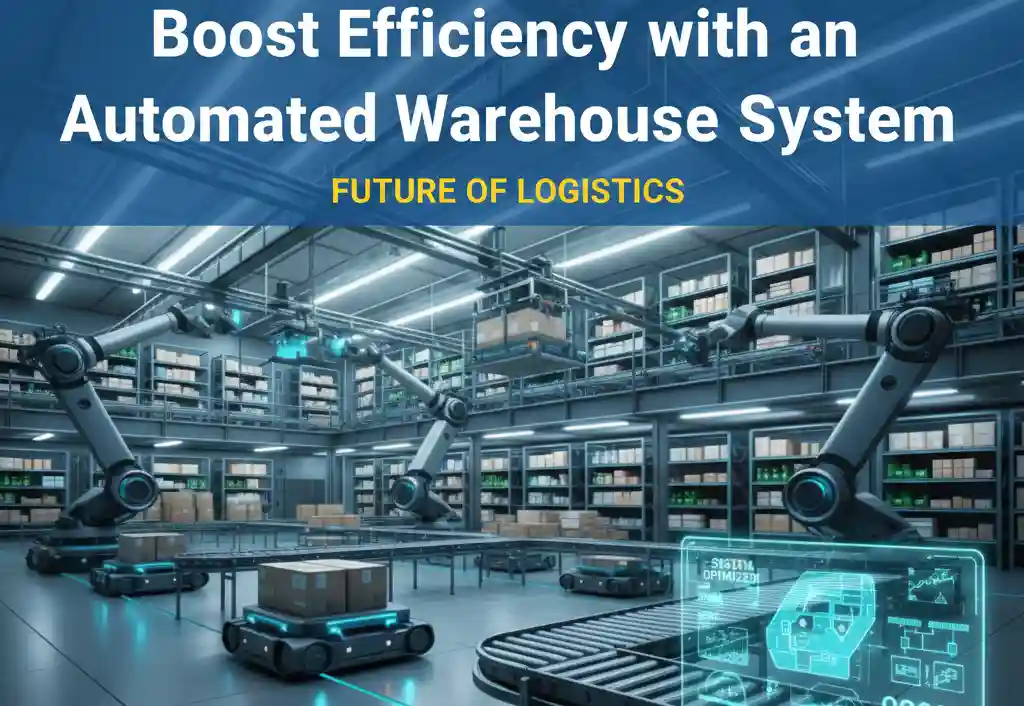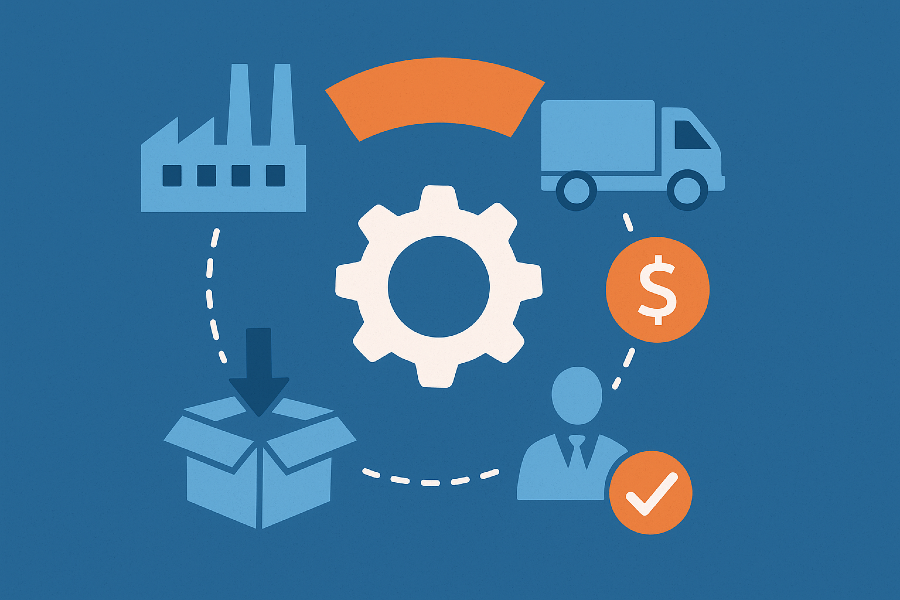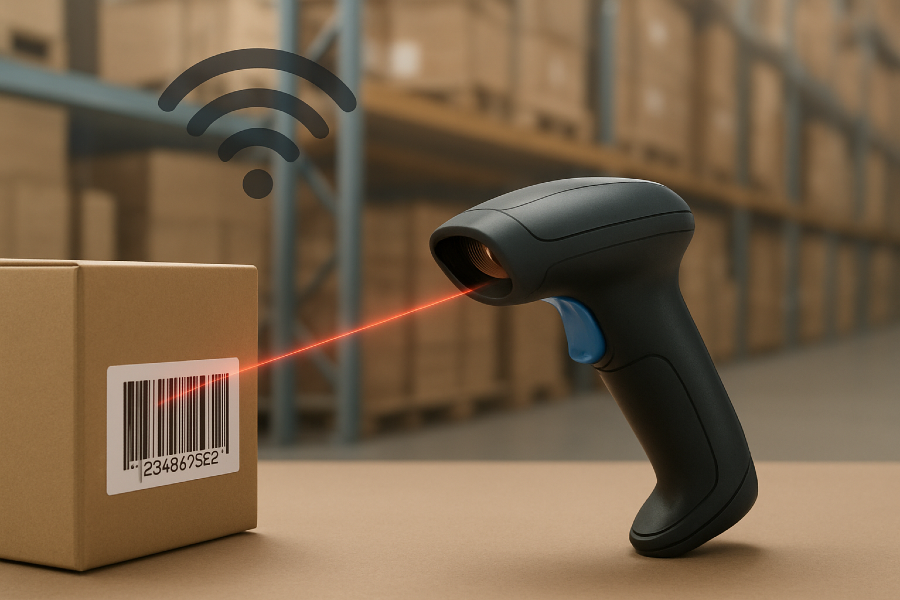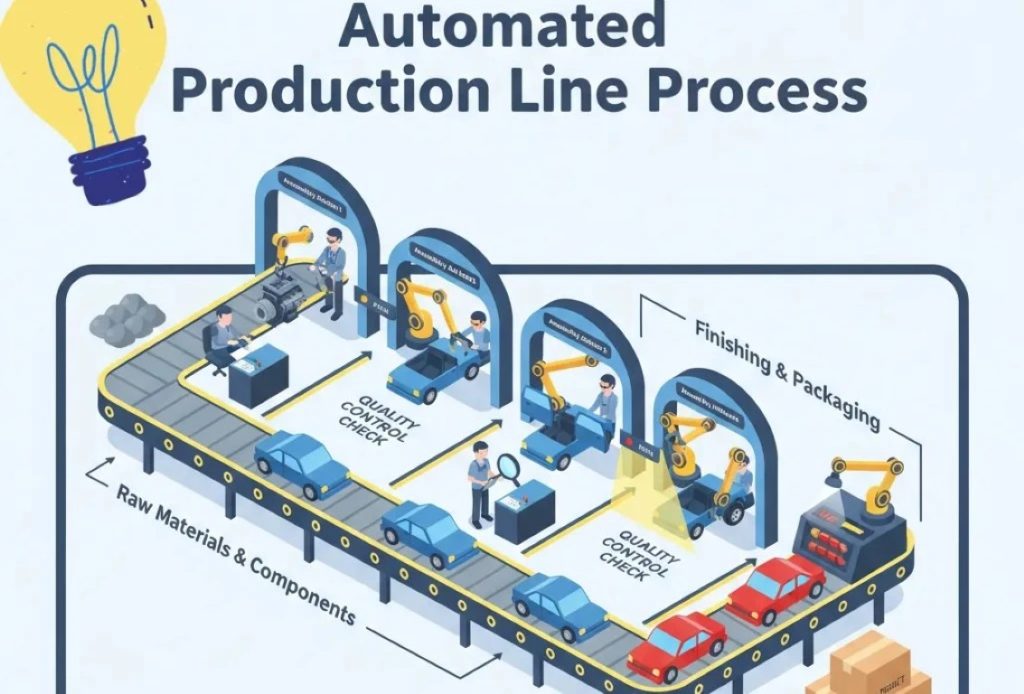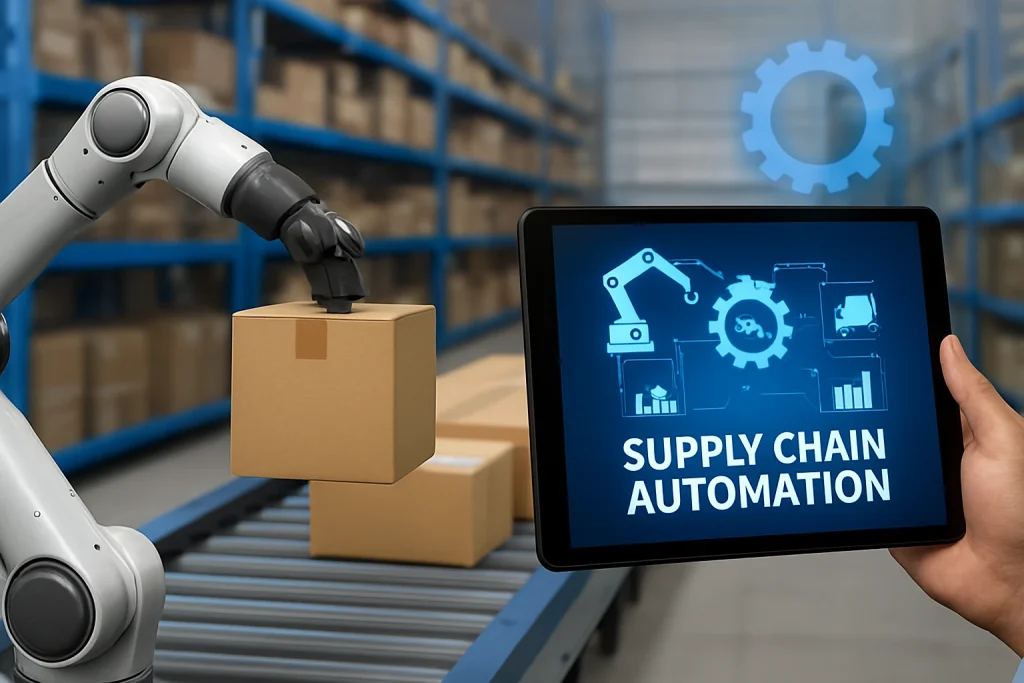Food processing and packaging involve handling lots of materials.
Raw ingredients and finished products need to be moved long distances while staying clean. In the past, food processing plants used only manual labor for these tasks, which took a lot of time and money.
A game-changing solution for the food industry has been the use of food conveyor belt. Earlier, conveyor belts were just passive elements in industrial settings. But not anymore.
In this blog post, we’ll tell you how food conveyor systems have boosted quality, increased production efficiency, and improved worker safety.
Let’s get started.
The Evolution Of Conveyor Belts
Before diving into how food-handling conveyors have transformed the food industry, let’s look at the history of conveyor systems.
Did you know?
Conveyors were first used in the late 1700s to load ships at ports. Initially operated by hand cranks, these conveyors soon evolved to be powered by steam engines. Over the next 100 years, mechanically powered conveyors spread to other industries and eventually to food processing.
All conveyors, regardless of their use, share several key components:
- A motor controller
- A power mechanism to control conveyor speed
- A support structure
- A belt, tray, screw, or other material conveying method
With the industrialization of food production, manufacturers quickly saw the benefits of food conveyor systems.
They no longer had to wait for workers to move heavy loads around the factory, significantly improving production efficiency.

Role of Food Conveyor Belt in Revolutionizing the Food Industry
Food Conveyor belts are usually used by manufacturers to:
- Transport raw materials from the storage area to the area where they are processed
- Move finished products to the packaging line
- Transport packaged goods to the shipping area
However, food conveyor systems benefit the food industry way beyond just this.
Here’s how food processing conveyors have played a pivotal role in making a difference:
Production Rates Have Gone Up
In any industry, automation boosts productivity.
For the food industry, food conveyor belt have helped move large amounts of food faster, allowing more food to be processed in less time.
More Consistency and Efficiency in Workflow
The use of conveyors has reduced the need for workers to manually carry materials and products. This has made operations more efficient and ensured a steady workflow by cutting down on human errors.
The Cost Of Labour Has Significantly Reduced
Food conveyor belt have helped save money by taking over repetitive tasks that would otherwise require many workers. This has cut down not only on direct labor costs but also on additional expenses like employee turnover and training.
Better Quality Control
Maintaining high quality is crucial for food brands.
Food packaging conveyor belts have helped by creating a steady environment where manufacturers can keep an eye on product quality.
Moreover, with automated systems and sensors built into the belts, facilities can spot problems and make quick fixes.
This precision has helped to ensure that only high-quality products reach consumers, maintaining the overall quality of production.
Greater Sustainability and Less Waste
Sustainability is becoming a key factor in the food industry.
Food industry Conveyor systems have helped to cut down on waste by handling and portioning raw materials more accurately.
They also support the recycling of packaging materials and better energy use, which aligns with sustainability goals. This focus on eco-friendly practices is not only good for corporate responsibility but also appeals to increasingly eco-conscious consumers.
Work Injuries Have Significantly Reduced
By using food conveyor systems, workers no longer have to carry heavy loads over long distances. This reduces a major cause of worker injuries.
Better Hygiene and Food Safety
Conveyor belts have played a crucial role in keeping things clean because they’re made from materials that are easy to wash and sanitize.
The smooth, continuous movement of food on these belts has reduced the need for human handling, which lowers the risk of contamination.
For food processors, following strict hygiene rules isn’t just good practice—it’s a legal obligation to ensure consumer safety.
FAQs: 7 Ways Food Conveyor Belt Transformed Food Production
How are conveyor belts used in different industries?
Conveyor belts are mechanical systems that move items and are found in almost every industrial setting. They’re used in many material-handling industries to transport bulk materials, packages, and parcels.
Can conveyor belts handle different types of food products?
Yes, conveyor belts can be tailored to handle a wide range of food products, from raw materials to finished items. They can include features such as adjustable speeds, temperature controls, and specialized surfaces to meet various processing requirements.
What goes into maintaining food conveyor belts?
Regular cleaning and sanitizing are essential for food conveyor belts. Additionally, routine inspections and timely upkeep of mechanical components are necessary for smooth functioning and safety.
Are conveyor belts energy-efficient?
Yes, modern conveyor belt systems are built to be energy-efficient. They often include energy-saving motors and optimized settings, which help lower overall energy consumption and support sustainability.
What materials are used to make food conveyor belts?
Rubber, stainless steel, and plastic are usually used to make food conveyor belt. These materials are durable, easy to clean, and adhere to the food safety standards
Conclusion
There is no doubt that food conveyor belt are transforming the food industry with smart technology and innovation.
They play a key role in offering safer food to consumers, boosting productivity responsibly, and ensuring sustainable and competitive value. To stay in the loop and competition, it’s important to incorporate these changes. Qodenext, with its innovative solutions, helps you navigate this ever-evolving landscape.
If you are ready to future-proof your business then contact Qodenext today!
